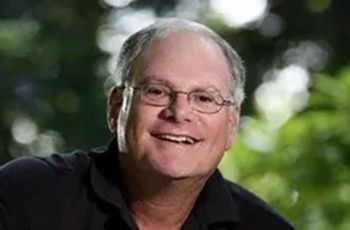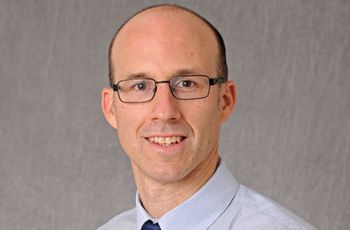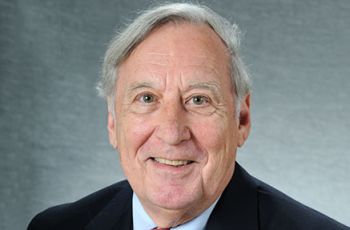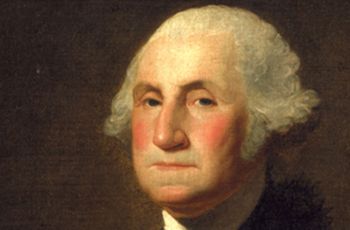News Archive
The exhibit National Library of Medicine exhibit, “Every Necessary Care & Attention: George Washington & Medicine,” is now at the George Washington University School of Medicine and Health Sciences' Himmelfarb Library.
Peter Kokkinos, Ph.D., adjunct professor of physical therapy and health care sciences, and Charles Faselis, M.D., associate professor of medicine, were recently published in Mayo Clinic Proceedings for their research finding that higher fitness levels negate the “obesity paradox.”
Edward Farber, M.D., assistant clinical professor of psychiatry and behavioral sciences, told readers of the Chicago Tribune how to help children with transitions between divorced parents during the summer.
Paul Marvar, Ph.D., assistant professor of pharmacology & physiology, was recently published in Biological Psychiatry for his research on the underlying mechanisms of posttraumatic stress disorder (PTSD).
Paul Marvar, Ph.D., assistant professor of pharmacology & physiology, was featured in News-Medical for his research published in Biological Psychiatry on the underlying mechanisms of posttraumatic stress disorder (PTSD) and on potential novel therapies.
William Weglicki, M.D., professor of Biochemistry and Molecular Medicine and professor of Medicine, has assumed the role of Acting Chair of the Department of Biochemistry and Molecular Medicine while Dr. Rakesh Kumar is on temporary leave from the Chair position.
The George Washington University School of Medicine and Health Sciences is pleased to announce the opening of the National Library of Medicine's travelling exhibit, “Every Necessary Care & Attention: George Washington & Medicine,” at the Himmelfarb Library.
In response to the increasing need to support primary care clinicians who care for prostate cancer survivors, the American Cancer Society, with support from the GW Cancer Institute and a panel of experts, has published the ACS Prostate Cancer Survivorship Care Guidelines.
Neal Barnard, M.D., adjunct associate professor of medicine, was featured in MedPage Today for his recently published dietary guidelines to reduce cancer risk. His guidelines were also featured in Shape and Daily Digest.
Neal Barnard, M.D., adjunct professor of medicine, recently published a paper in the Journal of the American College of Nutrition, outlining six dietary recommendations to reduce risk of several types of cancer.





